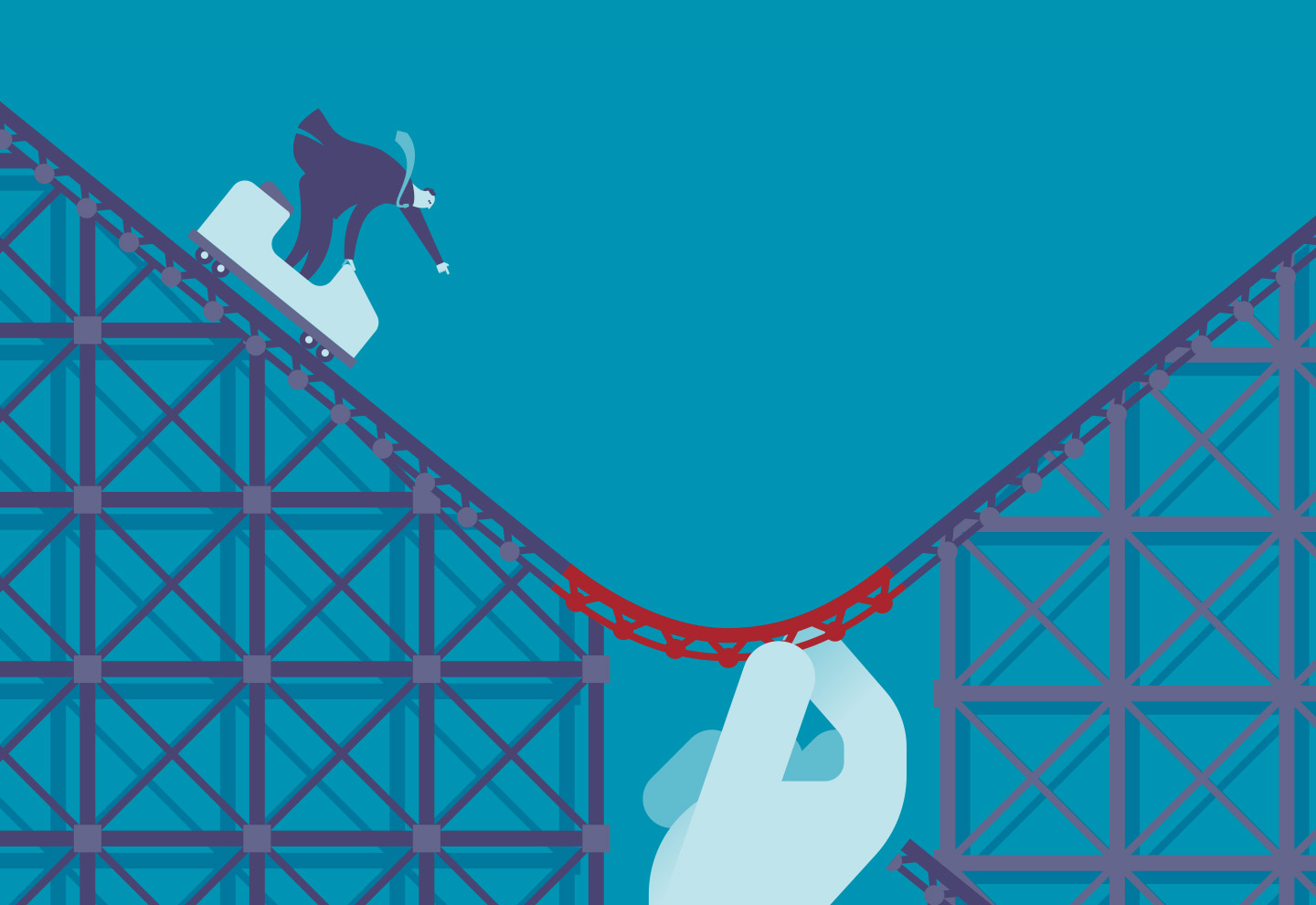The resilient mindset: a practical guide for leaders

In this webinar, which appeared live on Monday 4th May at 11am CEST Katharina Lange, Professor of Leadership at IMD, uses a recurring leitmotif – Dante’s “The Divine Comedy” – to exemplify how we can come out stronger and encourage others to be brave.
She shares her platform with a trio of female organizational coaches – Gabrielle Ortais, Marie O’Hara and Nina Merrens. They offer their own insights from their experiences helping companies and leaders adapt to tumultuous times.
One area explored is how leaders draw on values and purpose for sense making in what can seem like non-sensical times. Nina Merrens mentions a company that actively uses their motto of doing good – Success must be measured by the way we touch the lives of others – to give employees a grounded sense of hope for a better future. “And it’s not just a slogan, but put into action in communications sessions and so on,” she says.
It’s just as important that the leadership team choses what not to do, as they choose what to do, says Gabrielle Ortais, on the point of refocussing during crisis. She advises teams to “prioritize and postpone the rest”, and that may well include seemingly important things such as team coaching. “Not doing is an important decision during crisis,” she asserts.
Central to the discussion is engaging with our emotions, which become heightened during crisis; how we manage our emotions will determine our resilience. Marie O’Hara says, “Emotions are there to guide us but the danger is that they can derail us, and we can become hostage to them. Step one is to gain awareness.”
The grief curve is touched upon as are an array of specific emotions and the stage at which they tend to show up, with audience participation on the question of how they have been feeling recently.
Anecdotes abound, such as one leader who took to dedicating part of his Friday to organising his thoughts into a journal in three columns: family, work and self. How was he feeling and how had he behaved in each regard? By making sense of his (heightened) emotions and behaviour he hoped to use the crisis as an opportunity for self-improvement across the board.
Dr Lange encourages people to realize how fortunate they might be in the grand scheme of things, and to spend some time contemplating how others around them, in various walks of life, might be feeling. This will help feed the virtuous cycle of “feeling, thinking, doing”.
Indeed, a key goal of this webinar is to help listeners to make sense of behaviors they might be observing not only in themselves but also in others during this time.
Lange insists on seeing crisis management as a way to inspire others, even if we are learning as we go: “Let’s take the divine spark out of Beatrice in Dante’s ‘The Divine Comedy’ and use it to encourage others to be brave.”
Many tools will help you, laughter and home gardening among them. Also, have an accountability buddy, weave meditation into your day to keep you grounded and stick to a schedule. To help some form of discipline, Gabrielle Ortais points out the power of building synapses in your brain based on what you want. “Bring what you want to your attention as often as possible, say by writing it on post-it notes, and repeating.”
People don’t like change and uncertainty; they perceive a loss of control. Lange says to acknowledge this as a leader and “establish a sense of safety and security for your team and yourself. This might be a clear communications routine, frequent check-in and transparency about the process. Make your team feel protected and taken by the hand.”
Focusing meditatively on the now doesn’t mean you shouldn’t ask a key question about the future: How will you be stronger after the crisis? To use another ancient teaching, could part of your answer involve a strengthened to allow the heart to work in harmony with the head? This would signal a real gain for many, especially in the corporate world in which the latter tends to dominate.
Research Information & Knowledge Hub for additional information on IMD publications
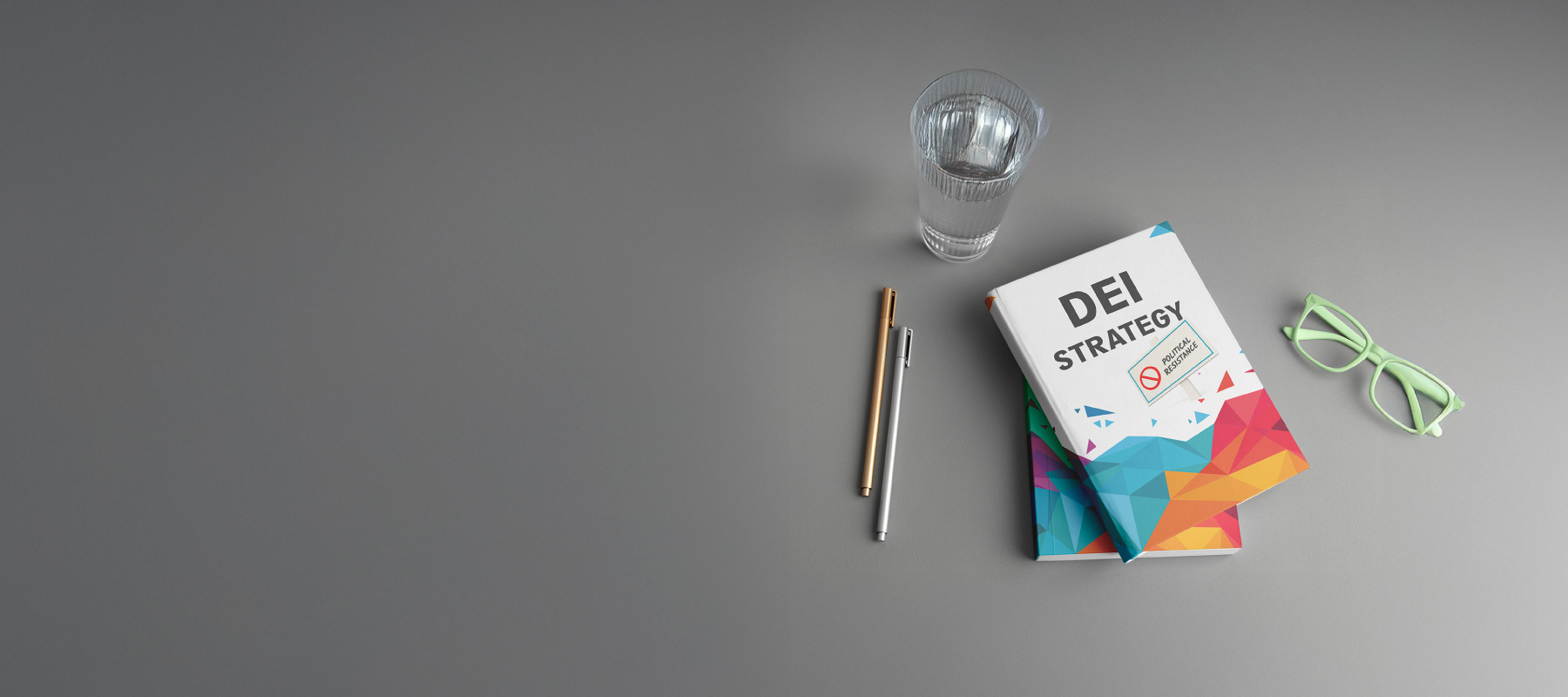
As corporate America adjusts to a shifting political environment under President Donald Trump, companies must rethink their approach to DEI.
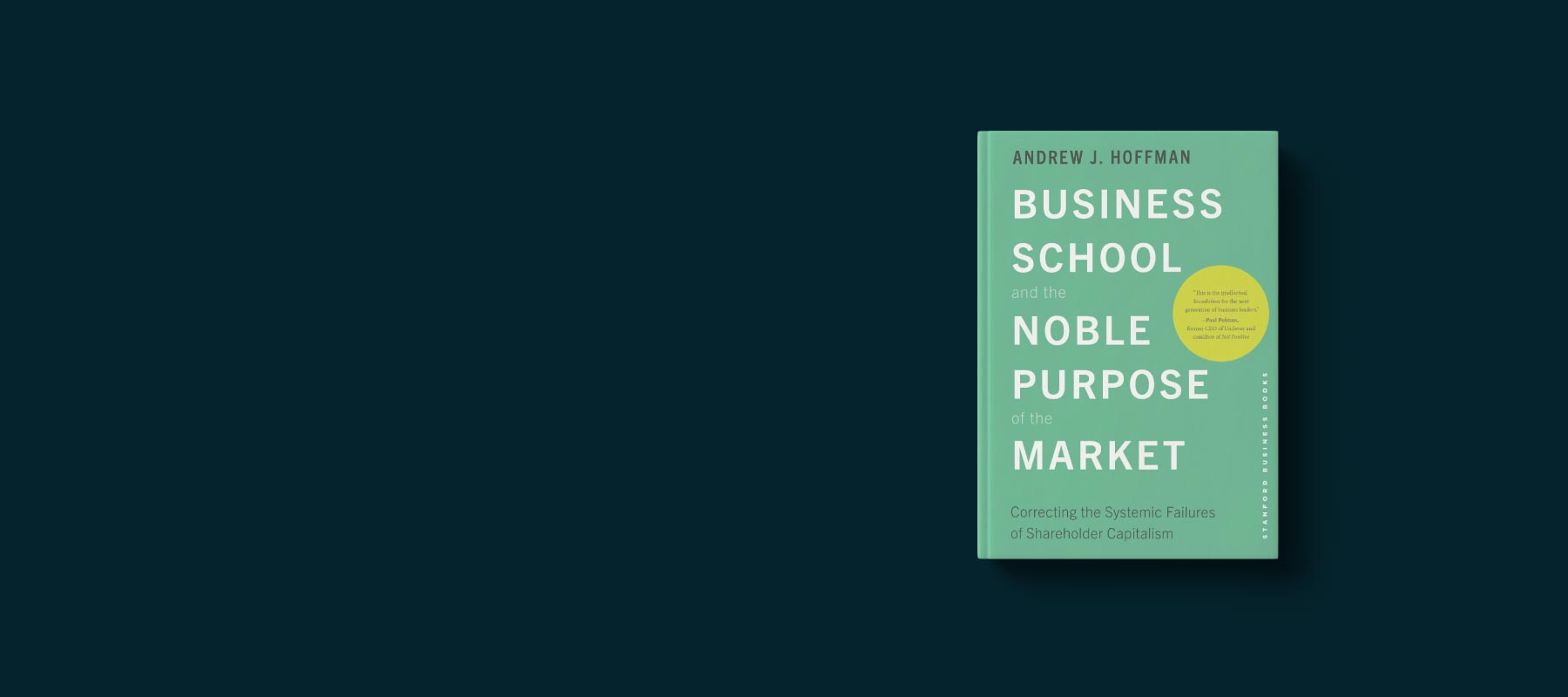
Andrew J Hoffman's book explains how Business schools must cultivate leaders who see beyond profits and embrace business as a powerful force for societal good.
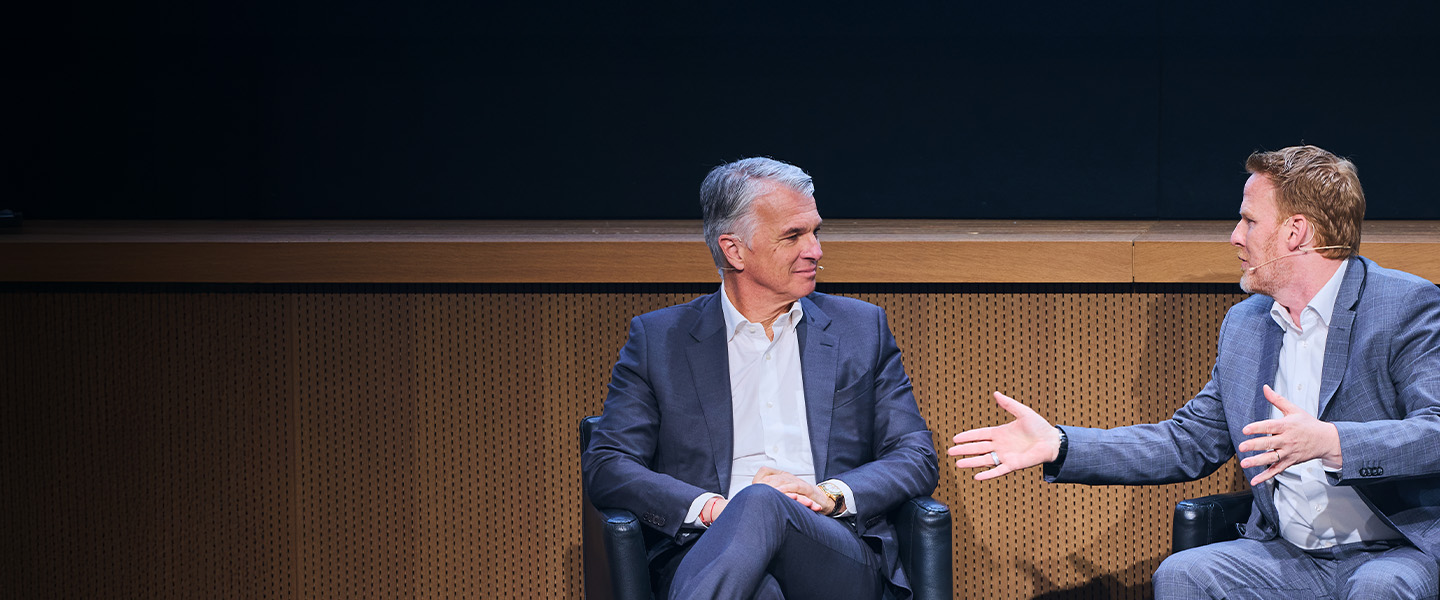
IMD President David Bach goes from the global to the personal with one of the world’s most prominent bankers.

Virtual meetings can be exhausting, but your voice plays a key role in maintaining engagement. Discover expert techniques to keep your voice dynamic and impactful in the virtual world.

To waltz smoothly through office life, we need to balance vulnerability and honest feedback for greater trust building as a leader.

Katrina Edmunds’ return to sport shows how rowing shapes resilient leadership and teamwork through lessons that drive success in business and life.

Omnipotent leaders may seem untouchable, but systems crack. From mass mobilisation to quiet non-compliance, discover how pressure builds and where resistance begins.

A new law requires large listed companies in the EU to appoint members of the underrepresented gender (usually women) to 33% of all director roles.

A relentless focus on accountability and continuous improvement transformed Valmet from an underdog into an industry leader in a decade. Pasi Laine tells Jean-François Manzoni how it was done.
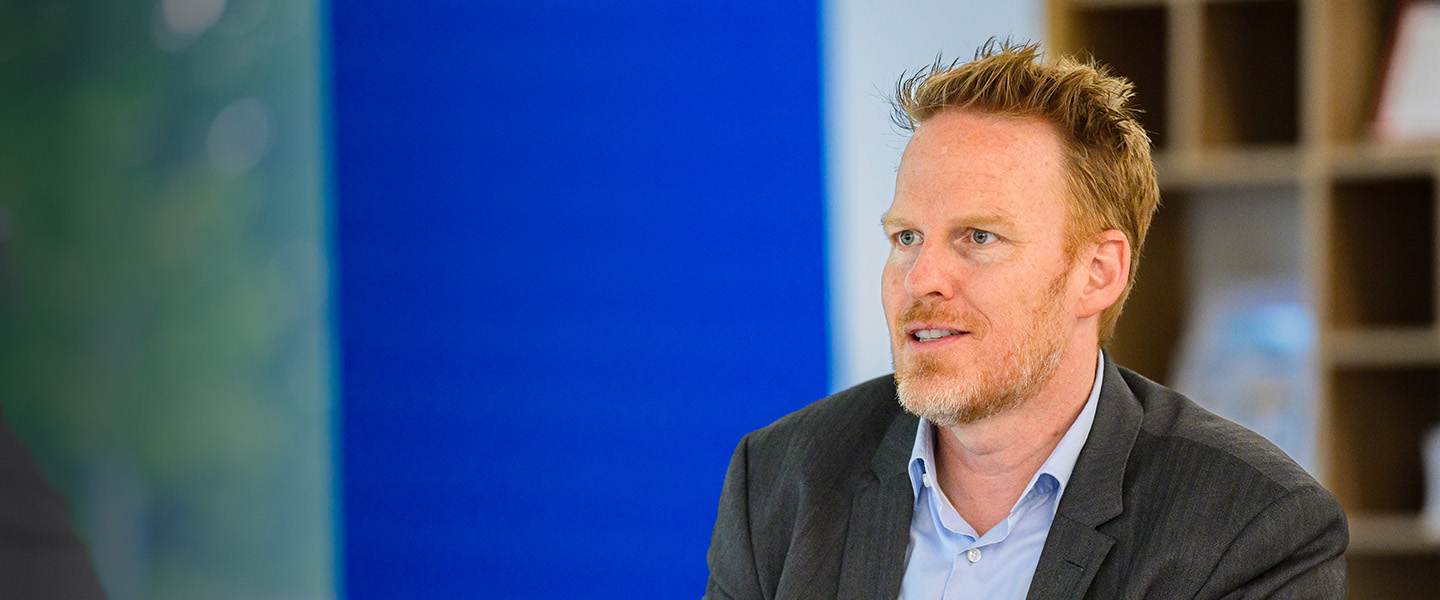
Leaders Unplugged features real talk with the impactful. Candid, honest, actionable, and fresh from behind the scenes. It is presented IMD in collaboration with Remote Daily.
in I by IMD
Research Information & Knowledge Hub for additional information on IMD publications
in I by IMD
Research Information & Knowledge Hub for additional information on IMD publications
Research Information & Knowledge Hub for additional information on IMD publications
in I by IMD
Research Information & Knowledge Hub for additional information on IMD publications
Research Information & Knowledge Hub for additional information on IMD publications
Research Information & Knowledge Hub for additional information on IMD publications
Research Information & Knowledge Hub for additional information on IMD publications
Research Information & Knowledge Hub for additional information on IMD publications
Research Information & Knowledge Hub for additional information on IMD publications
Research Information & Knowledge Hub for additional information on IMD publications
